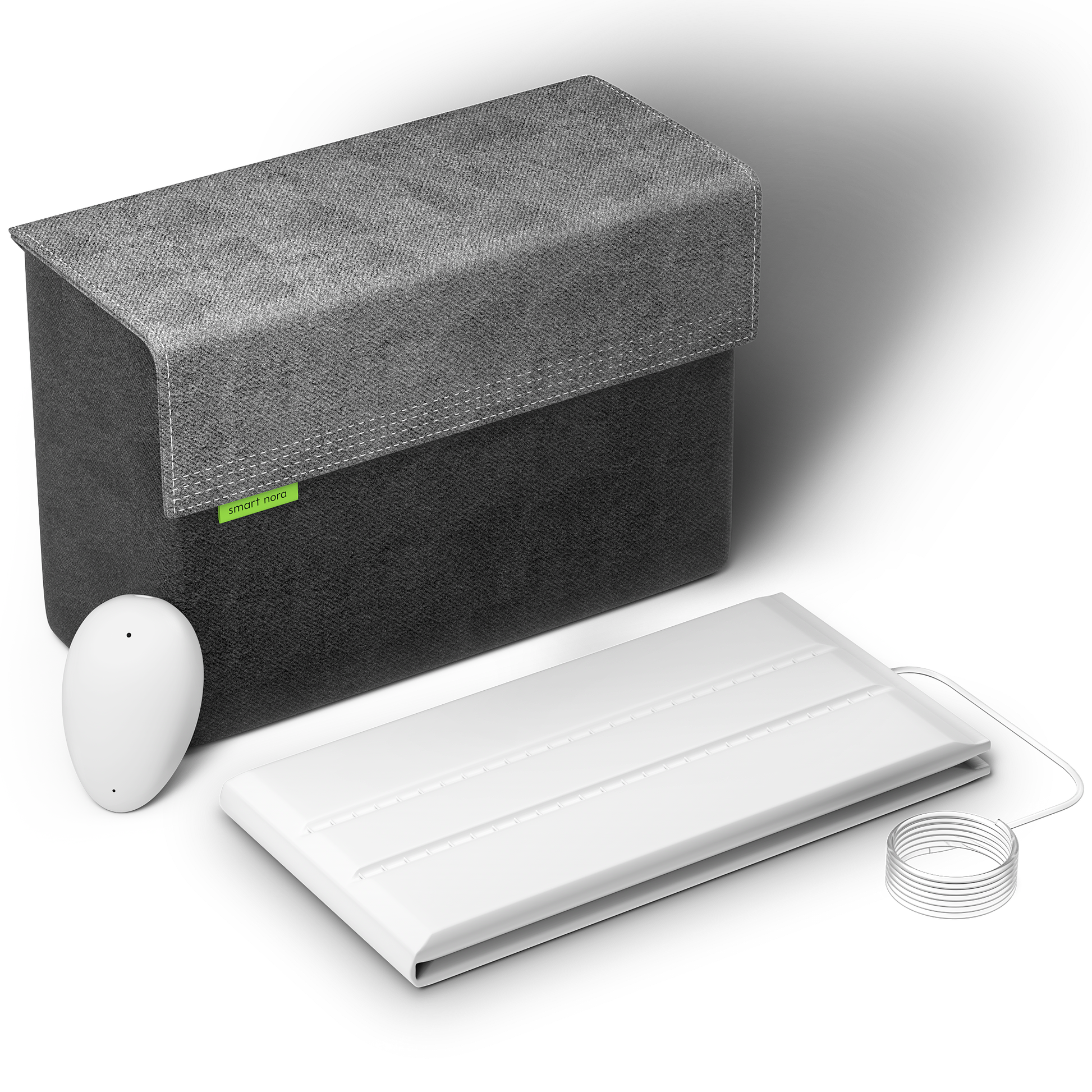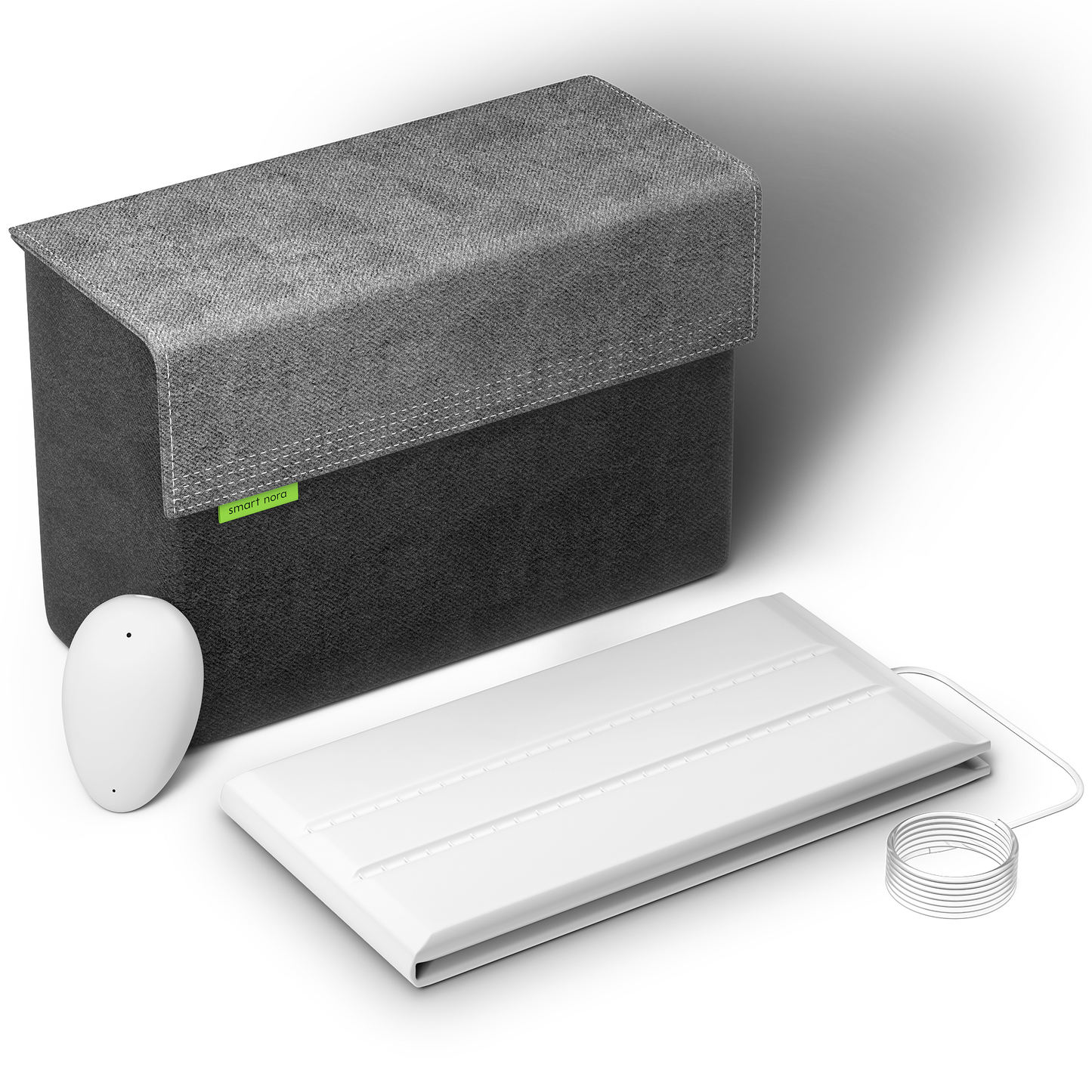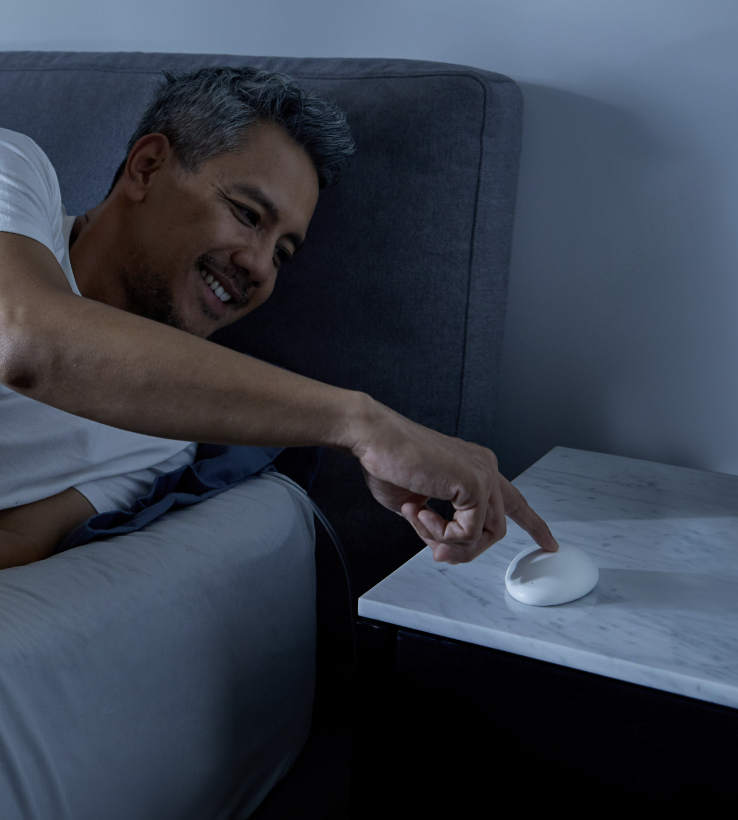Head and Neck Anatomy
It could be that your body’s anatomy is making it harder for you (and your partner) to sleep. Deformation in the following body structures can make you snore:
- A deviated nasal septum or overgrown nasal turbinates: Turbinates are fleshy structures inside your nose that filter, warm, and add moisture to the air. And the nasal septum is a thin wall between your nasal passages. Sometimes, the septum could deviate or go off-center, which could make one nostril larger than the other. If it is a significant issue, then the tiny nostril could reduce the airflow, making it difficult for you to breathe.
- Sometimes, some other types of changes within the nasal passage – polyps or benign or malignant tumors – could also be responsible for making you snore.
Sleep Position
How you sleep determines how well you sleep. You will snore if you’d rather lay on your back (supine position). In that position, gravity pulls tissues in your airway downward, making them narrower, which leads to snoring. So how can you sleep? Try sleeping in the following positions:
- On your side
- By raising the head of your bed by a couple of inches
If you’d rather not do any of this, you can try a snoring solution like Sleep Nora, so you don’t have to change sides or pillows. Just attach this device to your pillow to sleep like a baby – without snoring.
Obesity
Obesity can result in fat tissues surrounding your airway, making them narrower and obstructing airflow. Weight loss, besides helping you with other issues, could also help you with snoring problems.
Aging
Older adults experience several changes in their sleeping cycle due to alterations in their body’s internal clock. These changes make it harder for them to fall asleep at night – their airway muscles and tongue get weaker. This may make it harder for the air to flow, leading to snores.
Hypothyroidism
Hypothyroidism is characterized by an under-functioning thyroid gland – it does not produce enough thyroid hormone. It leads to symptoms like:
- Puffy face
- Slow speech
- Weight loss
- Slow heart rate
- Hoarse voice
- Snoring
Complications of Snoring
What if, instead of getting better, your snoring problem gets worse? What if snoring sets off a chain reaction of health implications in your body? In such a case, we recommend seeing a healthcare practitioner immediately. Look out for the following complications:
- Daytime sleepiness
- Difficulty concentration
- Accidents due to drowsiness
- Stroke
- Relationship conflicts
- Heart diseases
When Should You Visit a Doctor?
Snoring can become a serious concern when you experience the complications mentioned above. Or when your symptoms match that of sleep apnea. If you snore and are showing the following signs, you might want to see a physician right away:
- Pauses while breathing
- Waking up frequently
- Daytime sleepiness
- Morning headaches
You might not be able to tell the frequency and intensity of snores and whether or not you stop breathing entirely or for more than ten seconds. In this case, you might want to ask your bed partner to keep an eye on you.
How is Snoring Diagnosed?
Your doctor may diagnose snoring and related complications by taking a physical exam – especially if you are a mild snorer. However, depending on the intensity and frequency of snores, your doctor might also ask for diagnostic tests. In this case, they might ask for an X-ray, a CT Scan, or an MRI to check for irregularities in your throat.
They might also conduct an in-depth review of your sleep patterns by ordering a sleep study. This would require you to spend the night at a sleep center with sensors attached to your head. These sensors would record the following:
- Heart rate
- Respiration rate
- Oxygen levels
Some sensors attached to other body parts may also look for leg movements.
How to Say Goodbye to Snoring?
If yours is a mild case—and chances are that it is—then you can get your (and your partner’s) good night’s sleep back by making some lifestyle changes. You could also try to lose weight to ease the pressure around your airways. Some other changes that you can make are:
- Sticking to consistent sleep and wake times
- Sleeping on your side
- Treating nasal congestion
- Not eating before bedtime
- Avoid alcoholic beverages before bed
If you are looking for an easy and proven solution, if your partner is hanging by a thread, you might want to try some science-backed snoring solutions like Smart Nora. This nifty device senses your snoring sounds and repositions your pillow so your airways can relax. This would prevent snores, help you sleep better, and not sleep alone.















































